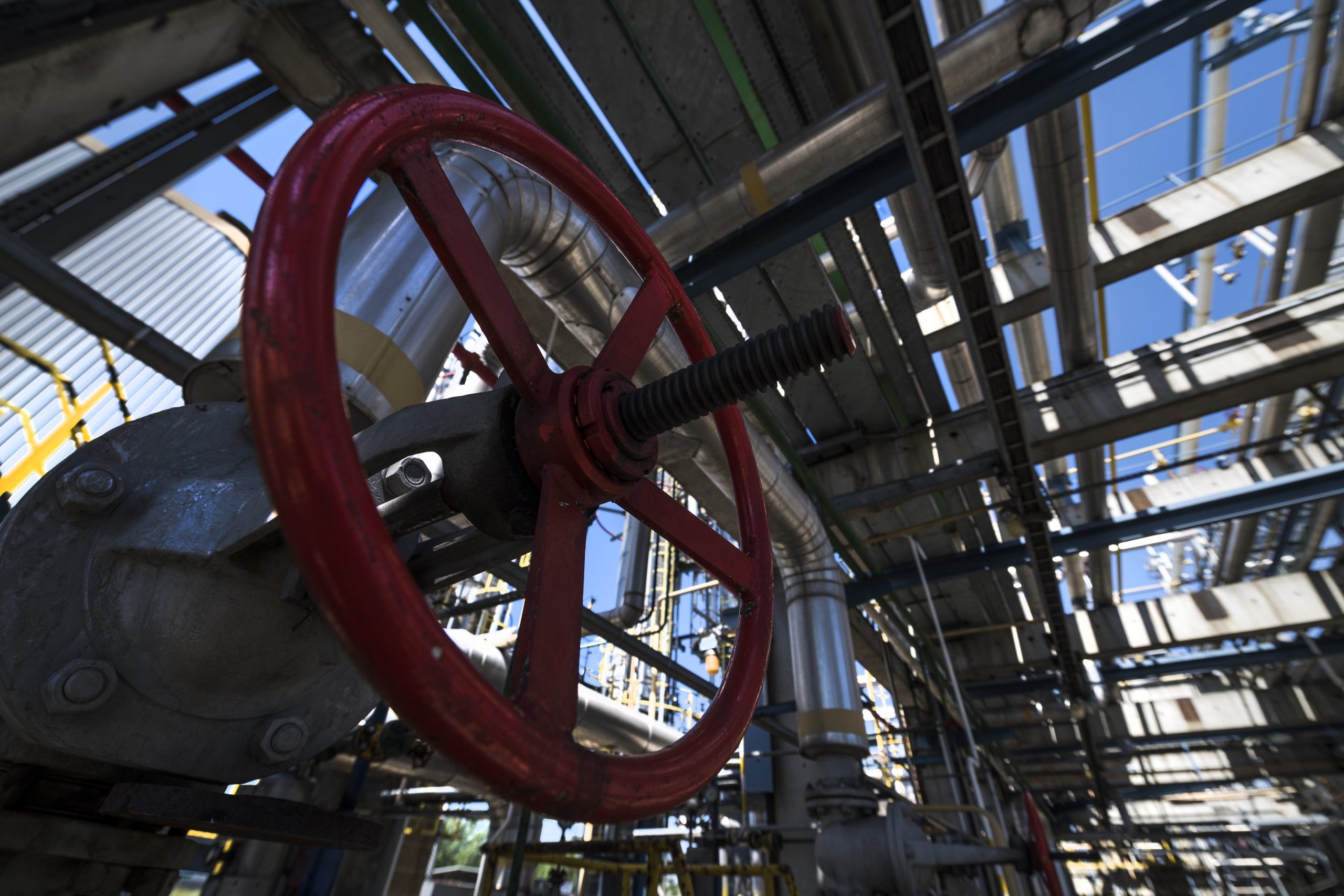
Replacing Russian oil imports would take years and cost several hundreds of millions of forints, while changes to Hungary's energy transmission system would cost thousands of billions of forints, the prime minister said.Continue reading

Analysts differ in their answers regarding how manageable an embargo on Hungary’s supply of Russian oil would be in the case that the sixth EU sanctions package is brought into motion. The short answer is clearly that it would be bad, but the implication of economic devastation seems to be a stretch. There are non-Russian crude oil types which meet the parameters of Hungarian gas and oil company Mol’s two refineries, economic news portal Portfolio reports.
The Hungarian government has stated its determination to veto the newest EU sanctions package on the premise that its targeting of Russian oil imports would be costly, redundant, and difficult, as Prime Minister Viktor Orbán said. The Prime Minister has said that such a situation would be like “dropping a nuclear bomb on the Hungarian economy.”
Germany has also been heavily reliant on Russian resources, importing far greater quantities than Hungary over the past years. However, it has halted its Nord Stream 2 project and announced its commitment to the sixth sanction package, cutting the weight of Russian oil imports from 25 to 12 percent, with plans of eliminating its reliance completely. Hungary may even receive a longer transition period to do the same. So how viable is it for Hungary to end its energy cooperation of oil imports from Russia?
Truthfully it is difficult to say, since the situation is still completely hypothetical, and analysts appear to be divided on their explanations. The obvious and short answer is that given Hungary’s current reliance on Russian oil (65 percent of Hungary’s crude oil supply comes from Russia) the situation would be bad. But a restructuring of Hungary’s energy infrastructure, potentially to multiple sources could benefit its energy security situation on the long-term since it would no longer rely so heavily on one supplier. Such a large-scale transformation would need to be done regarding the safety of the Hungarian economy.
There appear to be two sides to the debate around the question of what would happen if the Russian taps were closed. On one side is the government stance supported by Hungarian oil and gas company Mol, who argue that their two refineries, one in Hungary (Százhalombatta) and one in Slovakia (Bratislava) are developed for Russian sources, and if the country intends to make a transition to another type of oil, these refiners would need to be rebuilt. Furthermore, if more than half of the oil in Hungary disappears, they argue, in practical terms Hungary will have no fuel.
Mol has stated that it would still be able to continue its work, but at a limited capacity and with stoppages and potential damages. Mol professional Zsolt Huff told economic news portal Portfolio that it is viable for a completely non-Russian source of oil to enter Mol’s refineries immediately, but it would require much greater caution to avoid leaks or stoppages in refineries.
Huff said the refining of non-Russian oil could especially mean less diesel, which could lead to supply issues. Fuel in general would be more expensive and less available, he added.
On the other hand are the experts educating on oil refining and Mol facilities, such as Miklós László, who argue that Mol refineries could work without any significant restructuring. As Lázsló explained to economic news portal G7, the examples of Austria and Romania show that there are opportunities to receive crude oil from non-Russian sources. Examples include Kazakhstan, Azerbaijan, Iraq, Libya, and Turkmenistan. Still, László also accepts the existence of problems refineries will face when met with another source of oil.
László said the use of alternative oil types would not be a problem since a significant portion of the gasoline and diesel produced by Mol’s two refineries is exported, with continuous imports entering Hungary from other refineries.
In finding an alternative source, both sides would clearly agree that a replacement needs to be as similar to the “Ural” REB crude oil from Russia as possible. There are certain types of crude oil which are completely out of the question, since Mol’s refineries are not structured around them at all.
Arab Light, produced in Saudi Arabia, is one of the types of crude oil which is very similar to the current Russian source, meaning it would provide roughly the same quantity of fuel, Zsolt Huff explained to Portfolio. There are some specialized complications, due a higher quantity of sulfur, but these can be overcome.
So the refineries can be restructured, with some notable difficulty. But there is still the question of transport. Százhalombatta’s refinery currently recieves almost 35 percent of its crude oil from the sea, which requires a shipment every two weeks. But if Mol were to stop refining Russian gas there, Százhalombatta would require a shipment every two days to maintain its current supply. The entire process requires significant investment from all parties involved.
The long answer seems to be that if the oil supply from Russia was shut off tomorrow (it very likely will not be) Hungary will survive. The economy will surely be impacted by a long and difficult transition to an alternative oil source, and current analyses from both sides of this sudden debate appears to indicate the issue as a difficult, but not impossible challenge.
Featured photo illustration by Zsolt Szigetváry/MTI